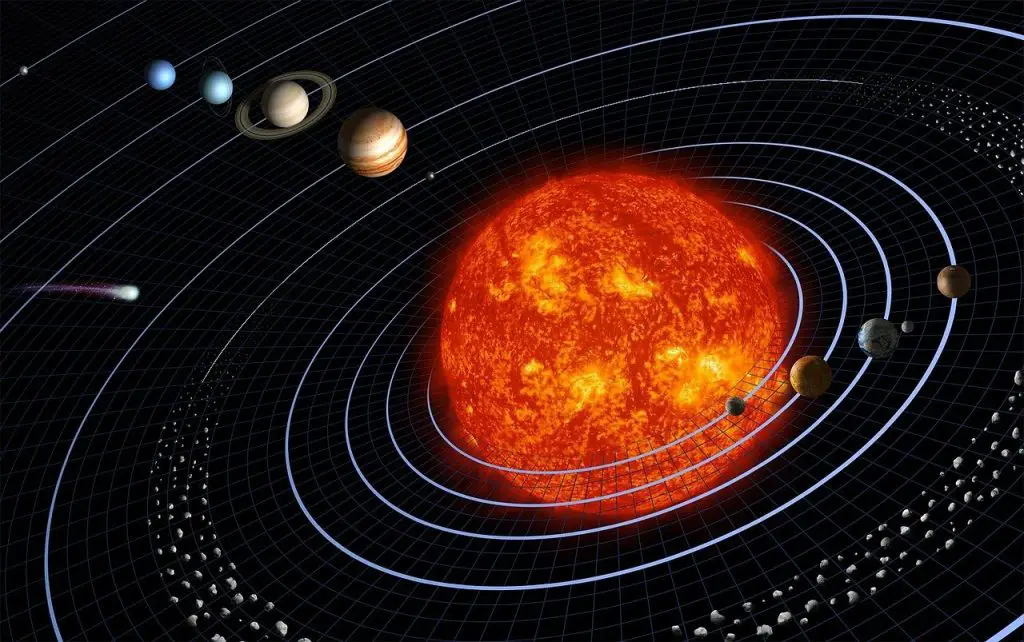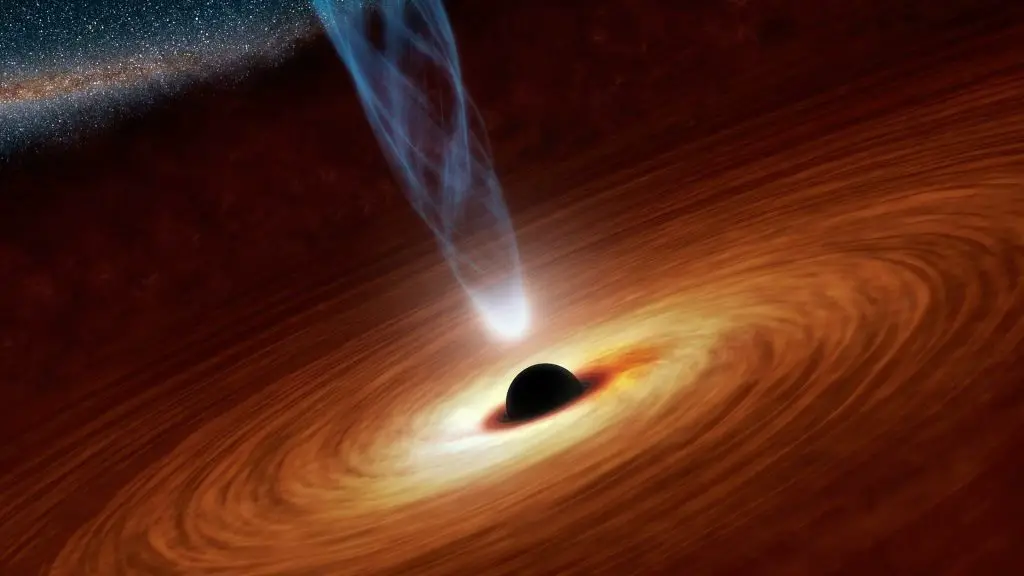Asteroid impact has remained one of the most devastating impacts that have exposed species living on our home planet to severe dangers in the past. In fact, we have remained helpless to prevent these asteroid impacts on earth since the existence of humans. Despite Jupiter protecting our home planet from asteroid rains, some asteroids and comets of all sizes have successfully collided with Earth in the past.
As we grow technologically, space agencies are coming up with solutions that will protect living species and our earthly inventions from future asteroid impacts. But what threats do asteroids posed in the past? What technologies can we use to prevent future asteroid impacts from happening? Are we close to implementing our solutions effectively? Continue reading to find out.
How Asteroid impacts on Earth have posed a Threat to Life
Geologists have been researching when the first asteroid impact occurred. After years of research, they discovered that the first record impactor struck Earth on Kaapvaal Craton (South Africa) about 3.26 billion years ago. Further analysis showed that the impactor was about 37–58 kilometers (23–36 miles) wide. Since this first recorded impact, asteroids have continued to impact earth in several locations.
But the Chicxulub impactor that struck earth around 66 million years ago has remained the worst nightmare for living species on Earth. This particular asteroid is about 10 km in diameter, and its impact sent the dinosaurs to extinction. However, around 66 million years ago, the first human ancestors were yet to appear. Scientists estimated that the first human ancestors evolved and appeared on the surface of Earth around five to seven million years ago.
These ancestors existed as apelike creatures in Africa and invented the first crude stone tools to assist themselves with other tasks. Our first ancestors lived for millions of years before they experienced another catastrophic impact. Scientists estimated that a cluster of comets might have struck Earth around 13,000 years ago. This cluster of comets was the second worst nightmare living species have experienced from impactors.
One of the most recent asteroid impacts that have given humanity great concern is the Tunguska Asteroid impact. On June 30, 1908, the Tunguska Asteroid struck Siberia around 7:14 am, at an altitude of 15,000 to 30,000 feet. This impactor flattened more than 2,000 square km and over 100 square km of close by forest.
Scientists revealed that the Tunguska Asteroid impact with about a thousand times more powerful and energetic than the atomic bomb that destroyed Hiroshima, Japan in 1945. Numerous devastating impacts that struck Earth in the past have given the world a great concern to protect Earth from future impacts.
How we are working towards defending our home planet
Human civilization often goes the extra mile to solve challenges that may pose a threat to our existence. The destructions caused by asteroid impacts in the past have inspired our generation to work on creative technologies that will defend earth from future asteroid impacts. After conducting numerous studies, scientists concluded that we could protect the light of consciousness and our entire inventions from asteroid impacts with the following technologies.
1. Asteroid gravity tractor.
Every object in the solar system orbits around the sun, including asteroids and comets. Hence, if an asteroid should strike the earth, it has to move in a particular orbit to reach us. Scientists suggested the asteroid redirection technology slightly changes the orbit of hazardous asteroids before they impact the earth. If we eventually use this technology to adjust the orbit of the asteroid, the impactor will be knocked out of its Earth-bound trajectory and conduct a flyby on Earth, instead of colliding with our home planet.
Are we close to bringing this futuristic idea to reality? NASA is about to conduct the first asteroid redirection test to see how we can effectively deploy this technology in the future. In November 2021, the American Space Agency launched the Double Asteroid Redirect Test (DART) Spacecraft to collide with Dimorphos, a smaller asteroid in a binary system with another bigger asteroid named Didymos. The collision between DART and Dimorphos will occur today, September 26 at 7:15 pm EDT. The good news is that you can watch it live online. The outcome of the mission will determine how the world will handle asteroids and comets heading toward earth in the future.
2. Planetary radar system.
China is one of the space agencies working toward detecting and destroying asteroids before they impact the earth. China National Space Administration has earlier announced its plan to build the world’s biggest radar system of 20 antennas both on Earth and in space. This advanced radar system will detect asteroids from a distance, and safer measures will be deployed to destroy the hazardous space objects before they finally make their way to Earth.
When China completes this sophisticated project, it will create a new record by becoming the first deep space radar system with the ability to conduct dynamic monitoring, 3D imagining, and active observation of both near-earth objects and space rocks in the Solar System. In space, China is working towards putting about three satellites around the moon’s orbit.
These satellites will have in-built weapon systems that will be used to drive asteroids out of an Earth-bound trajectory or destroy them completely. With this sophisticated system, our home planet may be finally safe from asteroid impacts.
3. Other technologies.
As we are approaching the future where today’s impossibilities will be made possible, scientists will surely come up with other fascinating technologies that will keep Earth safe from possible asteroid impacts.
Conclusion
Asteroid impacts have caused severe pain to our home planet in the past. With the preventive measures deployed by space agencies, we may be getting closer to becoming a powerful civilization that will prevent hazardous space rocks from colliding with Earth. What do you think about humanity preventing Asteroid impacts on Earth with the aid of technologies?





I suggest you to come on a site on which there is a lot of information on this question.